The authors present a new approach to create and edit custom spatiotemporal neural activity patterns in awake, behaving animals with extremely high spatial and temporal precision. They present novel opsins optimized for multiphoton optogenetics.
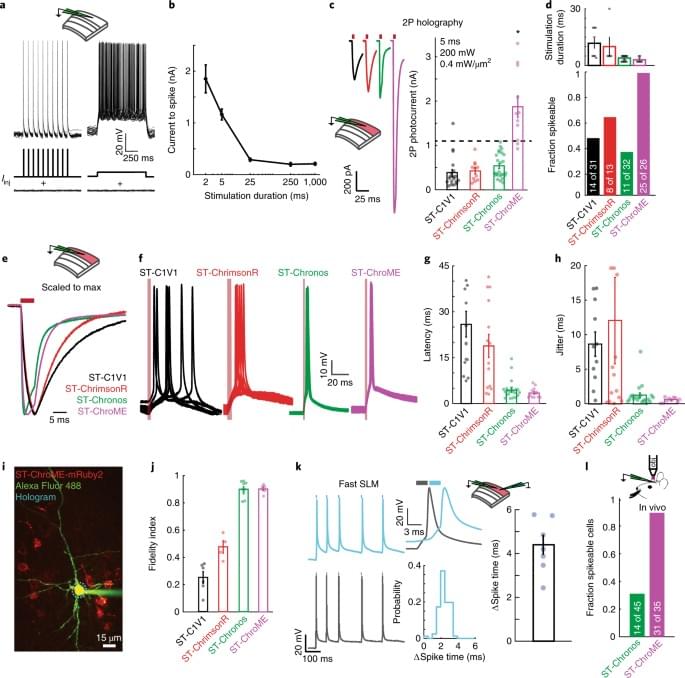

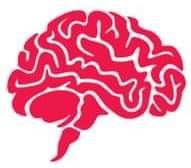
Baltimore, Md. (January 11, 2022) – In a breakthrough that holds significant promise for early diagnosis and better treatment of psychiatric illness, researchers have for the first time used neurons derived from human stem cells to predict the cardinal features of a psychiatric illness, such as psychosis and cognitive deficits in patients with schizophrenia.
A study published today in the Proceedings of the National Academy of Sciences (PNAS) by scientists at the Lieber Institute for Brain Development/Maltz Research Laboratories (LIBD) shows that the clinical symptoms of individuals with schizophrenia can be predicted by the activity of neurons derived from the patients’ own stem cells.
This connection — between the physiology of cells and symptoms like delusions, hallucinations and altered cognition— has never been made before. That is, no other study has demonstrated a robust association between neuronal models derived from a patient’s stem cells and clinically relevant features of the psychiatric disorder in the same person.
How are you a conscious being?? Join us, and find out!
Subscribe for more ► https://wmojo.com/unveiled-subscribe.
In this video, Unveiled takes a closer look at human consciousness! It’s a topic that has intrigued and bemused scientists and philosophers for years… but are we FINALLY close to reaching an answer?? What is consciousness? Where is consciousness? And does it exist apart from our bodies??
This is Unveiled, giving you incredible answers to extraordinary questions!
Find more amazing videos for your curiosity here:
Parallel Universe Stories to Make You Question Reality — https://youtu.be/1QvShWXCHEQ
Did Scientists Just Discover a Theory of Everything? — https://youtu.be/nGUWJYVCsp4
0:00 Intro.

It’s not only body forms that evolve independently, but also organs and other structures. Humans have complex camera eyes with a lens, iris and retina. Squid, and octopuses, which are molluscs and more closely related to snails and clams, also evolved camera eyes with the same components.
Eyes more generally may have evolved independently up to 40 times in different groups of animals. Even box jellyfish, which don’t have a brain, have eyes with lenses at the bases of their four tentacles.
The more we look, the more we find. Structures such as jaws, teeth, ears, fins, legs and wings all keep evolving independently across the animal tree of life.
Experts have discovered that the human brain has structures and forms with up to 11 dimensions, which is a remarkable finding. “We discovered a realm that we had never envisaged,” neuroscientists said of the finding. Algebraic topology mathematical approaches have aided researchers in discovering structures and multidimensional geometric spaces in brain networks. A recent study, according to specialists, has demonstrated that the human brain has structures and forms with up to 11 dimensions. According to Science Alert, our brains have an estimated 86 billion neurons, with many connections from each cell stretching in every imaginable direction, making a super-vast cellular network that SOMEHOW allows us to think and be conscious.
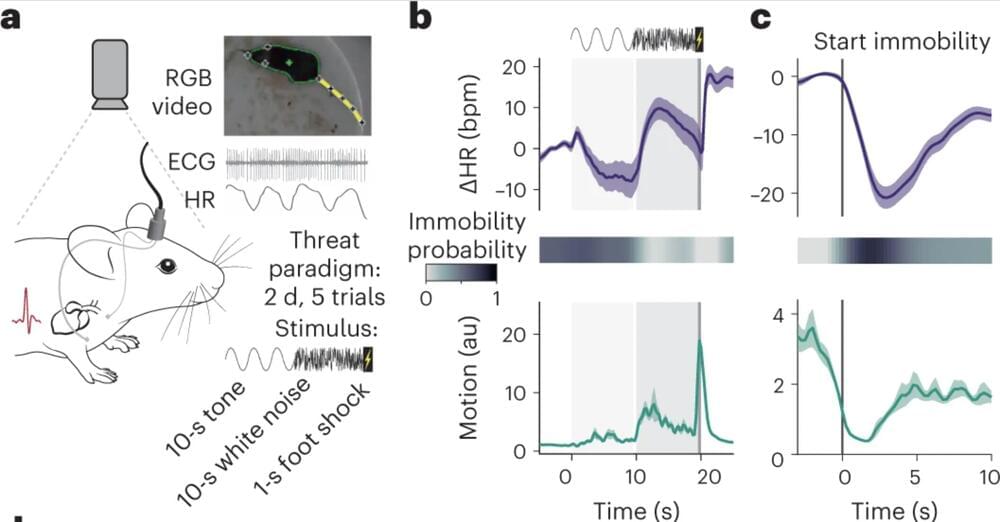
Anxiety disorders are becoming increasingly common, with estimates suggesting that almost one in three people in the U.S. will experience high levels of anxiety at some point in their life. Anxiety is essentially a feeling of unease, worry or psychological discomfort, typically associated with catastrophic thoughts about a real or imagined future life event.
When they are anxious, humans experience the same sensations and physiological responses they would feel when they are afraid of a real and immediate threat, such as a lion chasing them, an ongoing natural disaster, and so on. To better support patients with anxiety disorders, neuroscientists and psychology researchers have been trying to understand the neural underpinnings of fear and anxiety for many years.
Ultimately, both fear and anxiety tend to promote defensive behaviors in response to real or imaginary threats, respectively. The most widely documented among these are the so-called freeze (i.e., staying still), flight (i.e., avoiding a feared situation or escaping), fight (i.e., arguing or becoming aggressive) and fawn (i.e., overpleasing or submitting to another human to avoid the escalation of conflict).
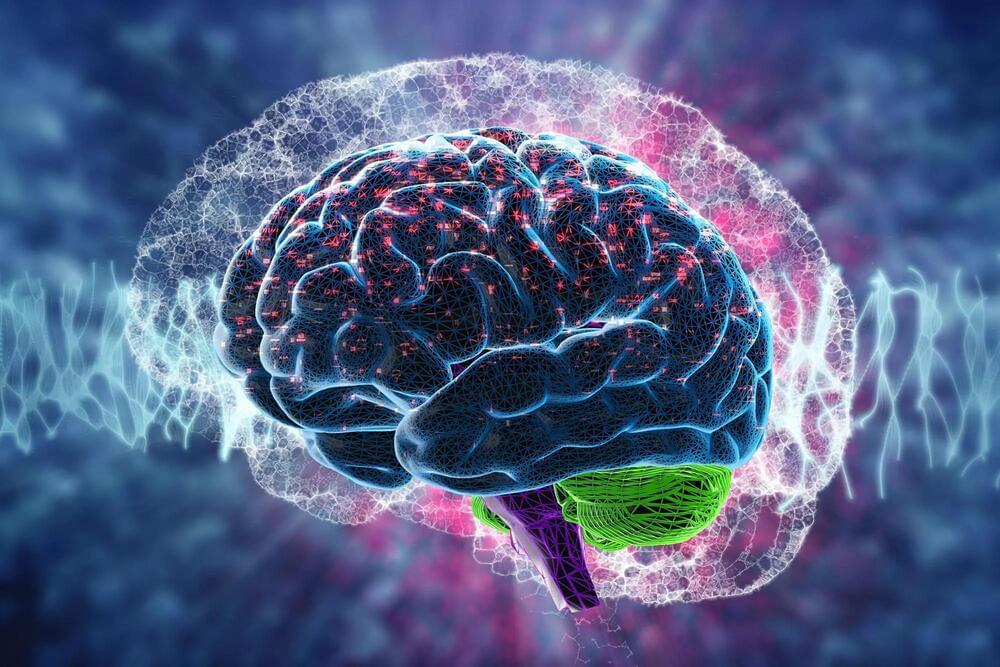
X-ALD is the most prevalent of the approximately 50 rare diseases that affect the white matter of the brain, referred to as leukodystrophies. The genetic damage in X-ALD is due to a defect in the X chromosome. Men who are affected by X-ALD experience a progressive deterioration of their mobility, balance, and sensory abilities, leading to issues such as incontinence and sexual dysfunction.
Although X-ALD is inherited through the X chromosome, female carriers can also experience symptoms of the disease. Approximately 30% of male children and 60% of adult men develop encephalitis, which is a fatal form of the disease that leads to death within two to three years. X-ALD affects roughly one in every 20,000 births globally.
Now, for the first time, scientists from all relevant leukodystrophy centers in Europe and the US have jointly succeeded in obtaining controlled trial data for X-linked adrenoleukodystrophy. Of the 116 patients, 77 received the drug leriglitazone and 39 a placebo. The drug had already shown in preclinical studies that it can prevent neurodegeneration and offer protection against the life-threatening inflammation of the brain.

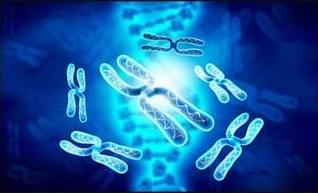
Aging is a complex process, a river fed by several tributaries connected by countless interweaving streams. Its direction is set inexorably towards infirmity, or so it would first appear. Daunting as navigation may seem, their interrelatedness should inspire hope instead of fear.
Aging is undeniably the root of the most common and costly noncommunicable diseases in the developed world, as well as a predisposing factor to severe or fatal reactions to infectious ones. Whatever can be done to slow, halt, or reverse its course holds inestimable economic and humanitarian value (Lee, 2017).
The hallmarks of aging were assembled to broadly conceptualize what lies behind phenomena as seemingly unrelated as gray hair, wrinkles, heart disease, cognitive decline, and cancer. They serve as explanations for why everything from our joints to our eyesight steadily give out over time.
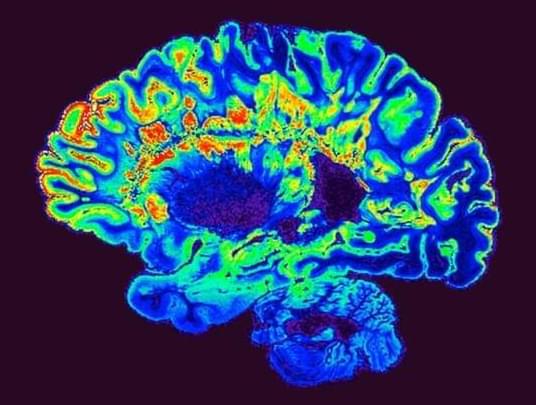
A new study suggests that we may be able to prevent chronic inflammation in multiple sclerosis (MS) patients in a totally new way, by manipulating their gut microbiomes — the unique collection of microbes that live in our digestive tracts and play an important role in our health.
“We are approaching the search for multiple sclerosis therapeutics from a new direction,” said lead researcher Andrea Merchak from the University of Virginia (UVA).
Chronic inflammation: The immune system fights infections and heals injuries by sending inflammatory cells to the site of the problem. This process, inflammation, can cause pain, swelling, or other side effects, but ultimately, it’s for the greater good.